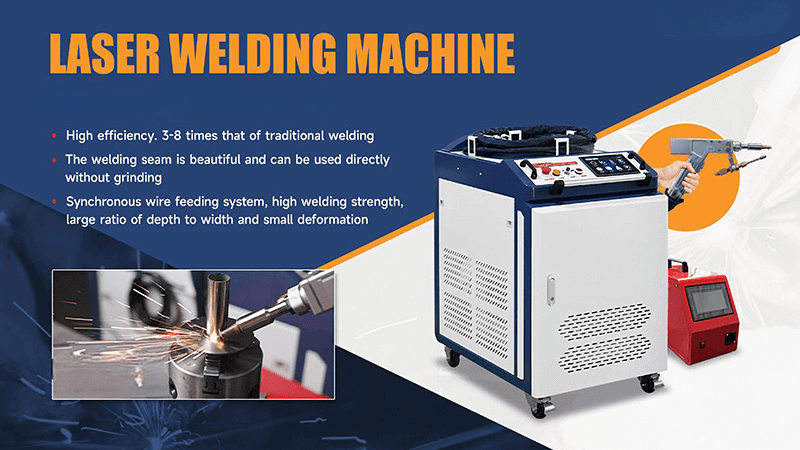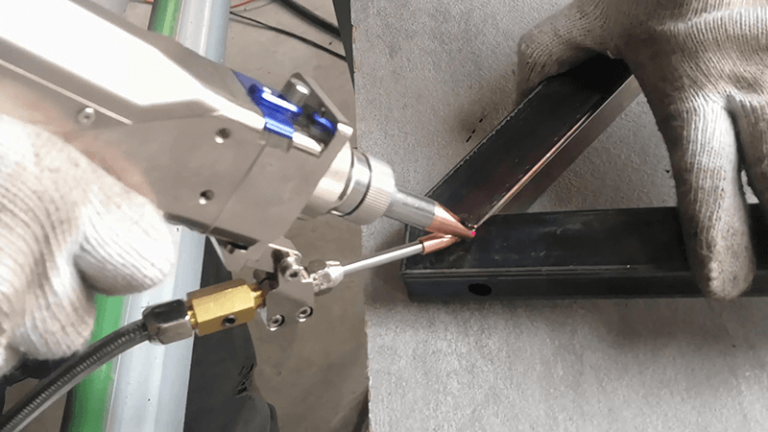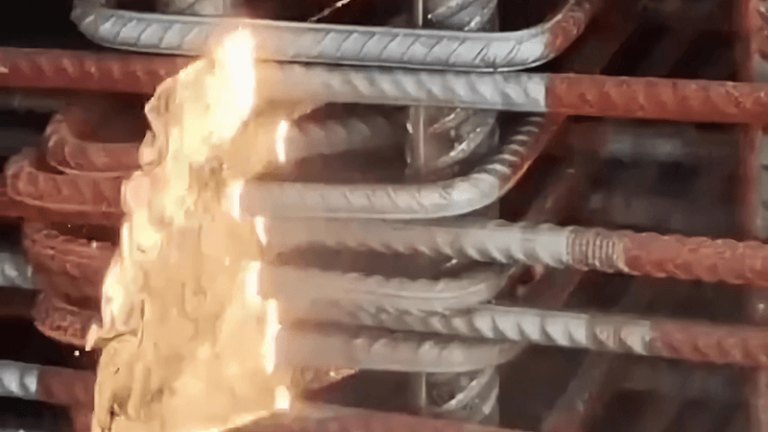Finding the right laser welder for your business can feel overwhelming, but with the right guidance, you can make an informed decision. This article covers the top tips for selecting the best laser welder to ensure efficiency and quality in your welding operations.
When choosing the best laser welder for your needs, consider factors like power, material compatibility, and brand reputation. This guide will walk you through the key points to help you find the perfect machine.
In this article, we’ll explore how to choose the right laser welding machine, the top manufacturers, and the important aspects that can impact your decision-making process.
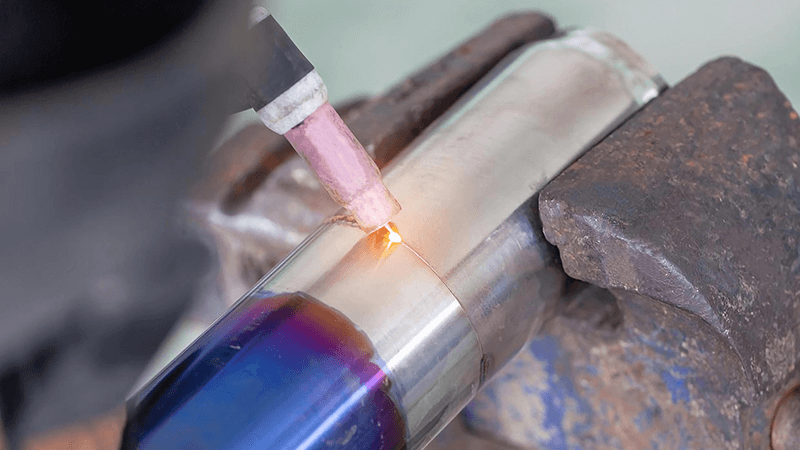
How to choose a laser welding machine?
Choosing the right laser welding machine1 is essential for achieving high-quality welds and maximizing productivity. It can be a complex process, but with a clear understanding of your needs, you can make a decision that benefits your business in the long run.
To choose the best laser welding machine, consider the type of materials you will be working with, the desired weld quality, and your specific production needs. It’s crucial to balance machine specifications with the workflow of your operation.
-
Material Compatibility: Laser welding machines come in various configurations based on material types. Fiber lasers2 excel in welding metals due to their ability to focus on small spots and provide deep penetration. They work well with materials like steel, aluminum, and titanium, offering high precision and low heat-affected zones. On the other hand, CO2 lasers3 perform best on non-metallic materials such as plastics, ceramics, and organic composites. If your production involves various materials, selecting a hybrid system could be ideal.
-
Power and Efficiency: The power of the laser welding machine is one of the most critical factors. Higher power is needed for welding thicker materials or performing deep penetration welding. Fiber lasers typically offer higher efficiency, allowing them to weld at faster speeds while consuming less energy. This translates to both operational cost savings and increased throughput. Machines with lower power are suitable for thinner materials, where precision is the priority over depth.
-
Ease of Use and Maintenance: One of the most overlooked aspects when choosing a laser welding machine is the ease of operation and maintenance. Laser welders come with complex control systems and interfaces. It is important to choose a machine with an intuitive interface that minimizes operator learning time. Furthermore, consider a machine that is low-maintenance, with easy-to-replace parts and extended warranty services. Regular maintenance is essential to ensure optimal performance, so a model that offers easy access to key components can save your business time and money.
| Factor | Considerations | Impact on Choice |
|---|---|---|
| Material Type | Fiber for metals, CO2 for non-metals | Determines laser type |
| Power and Efficiency | High power for thicker materials, efficient for fast production | Affects speed, quality, and productivity |
| Maintenance | Easy-to-use, low maintenance models | Reduces downtime and operational costs |
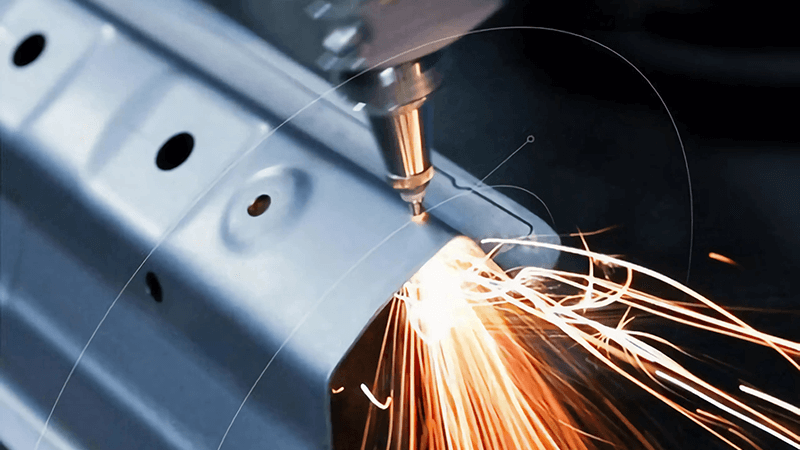
Who makes the best laser welders?
When it comes to the best laser welders4, choosing a reputable and reliable manufacturer is key. Among the top names in the industry, Kirin Laser5 stands out for its quality, innovation, and customer-centric approach.
Kirin Laser is known for its high-performance laser welders that deliver precision, efficiency, and reliability. Their machines offer advanced features that provide significant benefits for businesses looking for consistent and high-quality welds.
Kirin Laser has firmly positioned itself as a leader in the laser welding industry, known for producing high-performance machines that are used across various sectors, including automotive6, aerospace7, and manufacturing8. One of the key factors that differentiate Kirin Laser from other brands is their focus on precision. Their fiber laser welders are designed to ensure extremely fine welds with minimal thermal distortion. This precision is essential in industries where high-quality welds are non-negotiable, such as the electronics or medical device sectors.
-
Customization: Kirin Laser is committed to providing customized solutions for its clients. Unlike many laser welder manufacturers, Kirin Laser offers flexibility in machine specifications. They work closely with customers to adapt the laser power, welding speed, and material compatibility according to the specific needs of their production lines. This is a huge advantage for businesses that need specialized equipment to handle unique production requirements.
-
Technological Advancements: Kirin Laser invests heavily in R&D, constantly pushing the boundaries of laser technology. Their welders are equipped with advanced control systems that allow operators to achieve precise control over the welding process. Features such as adaptive power control and real-time monitoring systems ensure optimal performance even under the most demanding conditions.
-
After-Sales Support: Kirin Laser’s dedication to customer satisfaction extends beyond the point of sale. They provide comprehensive after-sales support, including training, troubleshooting, and maintenance services. This ensures that clients get the most out of their machines and can address any technical issues promptly.
| Benefit | Details |
|---|---|
| Customization | Tailored machines for specific industry needs |
| Precision and Reliability | Superior performance with high precision and repeatability |
| After-Sales Support | Ongoing technical support and training |
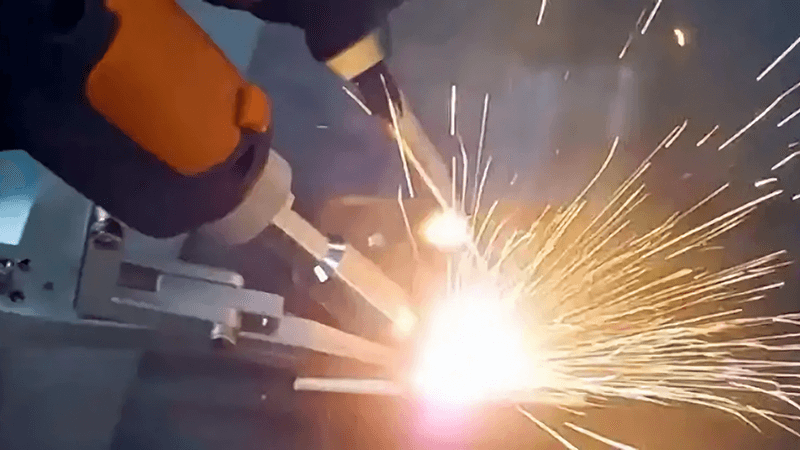
How much does a laser welder make a year?
The salary of a laser welder9 varies based on factors like location, experience, and industry. Understanding the potential earnings in this field can help you make informed decisions about pursuing a career or hiring skilled welders.
A laser welder’s annual salary typically ranges from $40,000 to $60,000, depending on their skill level and the type of industry they work in. Specialized industries may offer higher salaries.
Laser welding is a specialized skill that requires a high level of expertise, which is reflected in the salary range. The earnings of laser welders can vary significantly depending on their location, experience, and the industry they work in.
-
Entry-Level vs. Experienced Welders: Entry-level laser welders typically earn between $2,000 and $7,000 annually. With a few years of experience, this can increase to $10,000 to $30,000. Welders with advanced skills and certifications or those working in specialized industries can expect to earn between $60,000 and $80,000 per year. Companies involved in industries like aerospace10, medical devices11, or high-precision engineering12 tend to pay more due to the complexity and importance of the welding tasks.
-
Industry Factors: Welders working in industries with high demands for precision and quality, such as aerospace, military, or medical devices, can command higher salaries. In contrast, those working in less specialized fields, such as basic manufacturing or general production, may earn less. However, the overall demand for laser welders in various industries is on the rise, meaning salaries are expected to increase in line with industry needs.
-
Location and Cost of Living: Salary expectations also depend on geography. Welders in areas with high costs of living, such as California or New York, often earn higher wages. Moreover, welders working in regions with a high demand for skilled labor, such as industrial hubs or manufacturing centers, can expect better compensation.
| Factor | Influence on Salary |
|---|---|
| Experience | Experienced welders make higher salaries |
| Location | Welders in high-demand regions earn more |
| Industry | Specialized fields offer higher wages |
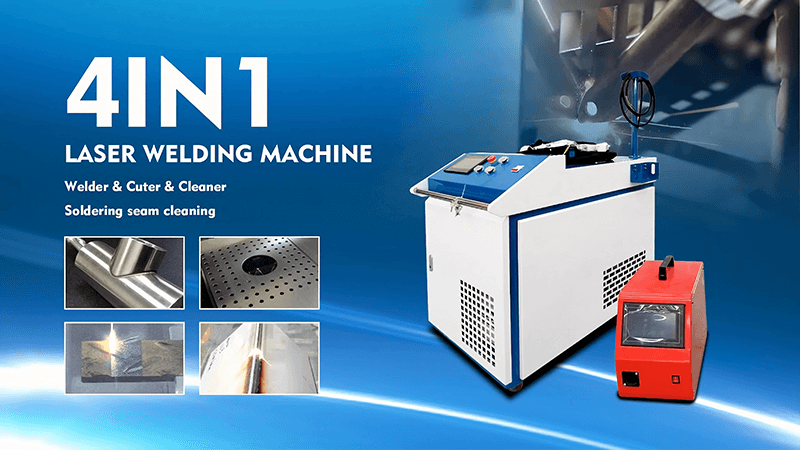
Which laser is best for welding?
The best laser for welding depends on the materials you work with and the type of welds you need to make. Different lasers offer specific benefits depending on your welding requirements.
For most metal welding applications, fiber lasers13 are considered the best option due to their high efficiency, speed, and ability to provide deep penetration and precision.
-
Fiber Lasers: Fiber lasers are widely regarded as the best option for welding metals due to their exceptional precision and speed. They produce a high-intensity beam that can easily penetrate thicker materials, making them ideal for welding applications in industries such as aerospace14, automotive15, and medical device manufacturing16. Fiber lasers also offer high efficiency, converting more of the input power into usable energy. This results in faster welding speeds and lower operational costs compared to other laser types.
-
CO2 Lasers: While fiber lasers are preferred for most metal welding applications, CO2 lasers17 are still commonly used for non-metal materials. CO2 lasers offer high beam quality, making them suitable for applications where precision is crucial, such as in the production of plastic components or fine details on ceramics. However, they are slower than fiber lasers and are less efficient, consuming more energy for the same results.
-
Diode Lasers: Diode lasers are ideal for smaller-scale, lower-power welding applications. These lasers are typically used for welding smaller components or low-volume production. They provide good results for simple tasks but are not as efficient or powerful as fiber or CO2 lasers. Businesses with limited budgets or low welding demands may find diode lasers to be a more affordable option.
| Laser Type | Best For | Advantages | Limitations |
|---|---|---|---|
| Fiber | Metals (steel, aluminum, titanium) | High speed, precision, deep penetration | High initial cost |
| CO2 | Non-metals (plastics, ceramics) | Good for non-metal materials | Slower than fiber lasers |
| Diode | Small applications, low-power tasks | Compact, affordable | Lower power and precision |
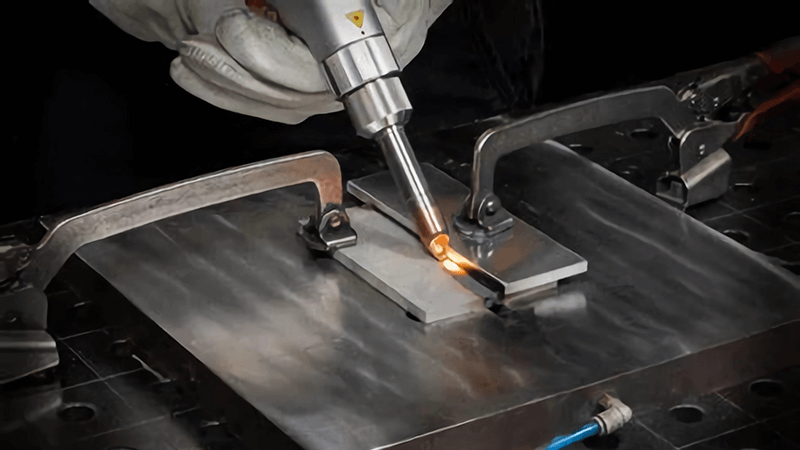
Kirin Laser Hot-selling Laser Welding Machine
Conclusion
In conclusion, finding the best laser welder for sale involves evaluating your specific welding needs, the type of materials you work with, and the key factors such as precision, speed, and cost. Kirin Laser stands out as a top manufacturer, offering high-quality, customizable solutions that ensure superior performance and customer satisfaction. With the right machine, you can boost productivity, reduce costs, and achieve exceptional results for your welding projects. Do not hesitate to reach our to us18.
-
Provides insights on how to select a laser welding machine based on specific industry needs. ↩
-
Explains the key differences between fiber lasers and CO2 lasers, helping you choose the right machine. ↩
-
Highlights the suitability of CO2 lasers for various non-metallic materials in welding. ↩
-
Provides valuable criteria to help businesses choose the best laser welding equipment for their needs. ↩
-
Explains the factors that have positioned Kirin Laser as a top choice in the laser welding market. ↩
-
Details the advantages of using laser welding technology in automotive manufacturing. ↩
-
Explores how laser welding is used in aerospace applications to improve precision and durability. ↩
-
Highlights the application of laser welding in manufacturing and its impact on production efficiency. ↩
-
Explains how industry factors influence laser welder salaries and what to expect in various fields. ↩
-
Details the reasons why aerospace industries pay higher wages to laser welders due to the precision required. ↩
-
Explores the reasons behind higher salaries for welders in the medical device sector. ↩
-
Provides an overview of high-precision engineering and how it relates to better compensation for welders. ↩
-
Explains the key benefits of fiber lasers in terms of speed, precision, and efficiency for metal welding. ↩
-
Describes how fiber lasers are applied in aerospace industries for welding and their importance. ↩
-
Explores the reasons fiber lasers are commonly used in automotive manufacturing for precision and efficiency. ↩
-
Provides insights into how fiber lasers improve welding processes in medical device production. ↩
-
Highlights the advantages and limitations of CO2 lasers when used in non-metallic welding applications. ↩
-
Contact us to get your best solutions. ↩

